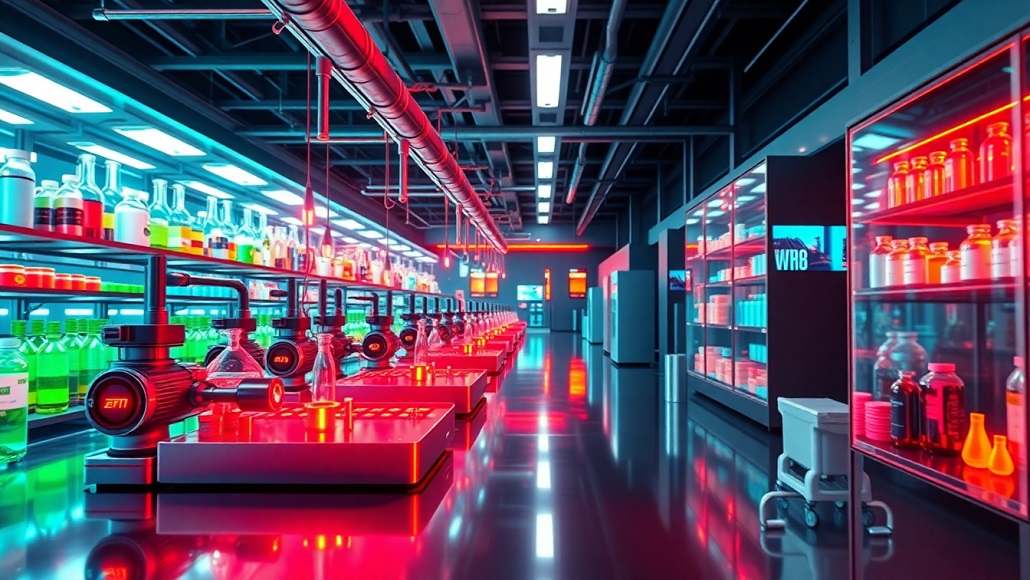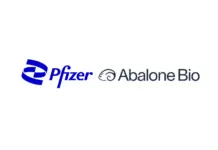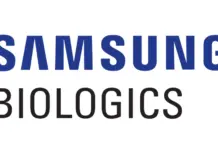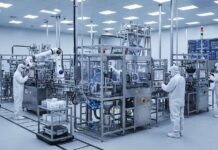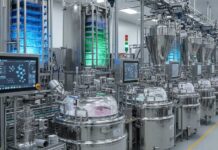The global pharmaceutical industry is standing at a transformational juncture, and artificial intelligence (AI) is at the heart of this shift. As drug development grapples with intensifying demands for efficiency, cost-reduction, and accelerated timelines, AI is emerging as a game-changing tool that could not only revolutionize the way new therapies are discovered but also save billions in operational costs. From drug discovery to clinical trials and regulatory compliance, AI is reshaping every phase of the drug development process, offering unprecedented opportunities to innovate and optimize.
The Financial and Temporal Challenges of Traditional Drug Development
Drug development has long been a slow, costly, and complex endeavor. According to a 2022 report by the Tufts Center for the Study of Drug Development, the average cost to bring a new drug to market exceeds $2.6 billion, and the process can take over 10 years. These staggering figures are compounded by high attrition rates; only about 10% of candidate drugs entering clinical trials are ultimately approved.
The financial burden of this process is largely driven by the extensive research required during the initial drug discovery phase, followed by labor-intensive preclinical testing and clinical trials. Moreover, regulatory compliance, safety evaluations, and post-market surveillance add layers of complexity and cost. Pharmaceutical companies, facing an urgent need to improve efficiency, are increasingly turning to AI as a promising solution to mitigate these challenges.
Revolutionizing Drug Discovery with AI
Drug discovery is arguably the most pivotal and resource-intensive stage of drug development, and it is here that AI has already begun to make a significant impact. Traditionally, drug discovery involved laborious trials-and-errors to identify compounds that interact with specific biological targets. However, AI has introduced a paradigm shift through its ability to analyze vast datasets, predict molecular interactions, and simulate biological activity at an unprecedented speed.
In 2024, pharmaceutical giant AstraZeneca partnered with AI-driven drug discovery company BenevolentAI to accelerate target identification for diseases such as cardiovascular conditions and cancer. This collaboration yielded promising results within months—a process that would have taken years using traditional methods. Additionally, platforms like Insilico Medicine’s Pharma.AI have demonstrated the ability to predict novel molecular targets and generate lead compounds, drastically reducing the discovery timeline from years to a few months.
The revenue implications of AI in drug discovery are profound. A McKinsey analysis in 2023 estimated that leveraging AI in this phase could save pharmaceutical companies $20-$40 billion annually by improving efficiency and reducing costly failures. Moreover, the discovery of novel therapies for rare or complex diseases, traditionally deemed financially unviable, becomes viable through AI’s ability to optimize resource allocation.
Accelerating Preclinical Testing with AI Models
Preclinical testing serves as the bridge between drug discovery and human clinical trials, yet it remains one of the most time-consuming and expensive stages of development. Traditional methods rely heavily on animal testing, a practice that is not only costly but also limited in its predictive accuracy for human responses.
AI, however, has enabled the development of predictive models that use machine learning to simulate biological responses in silico (computer simulations). These virtual models can evaluate the safety, toxicity, and efficacy of candidate drugs with remarkable precision. For instance, in 2025, researchers at DeepMind, a subsidiary of Alphabet, launched AlphaFold+—a tool that predicts protein folding and interactions to evaluate the biological plausibility of new drug targets. This innovation alone has the potential to save millions of dollars per candidate compound by reducing reliance on physical testing.
Additionally, AI-based imaging systems are being used to analyze cell and tissue samples for toxicological assessments, enabling researchers to make data-driven decisions about the viability of a drug candidate. This not only accelerates the preclinical phase but also aligns with the growing global focus on ethical research practices by reducing animal testing.
Transforming Clinical Trials: AI and Patient-Centric Research
Clinical trials form one of the costliest phases of drug development, with estimates suggesting they consume up to 60% of total development costs. Furthermore, inefficiencies such as patient recruitment challenges, high dropout rates, and prolonged trial durations have been longstanding barriers in this phase.
AI is addressing these inefficiencies by revolutionizing patient recruitment and trial design. Algorithms can analyze electronic health records (EHRs), genomic data, and demographic profiles to identify ideal candidates for clinical trials with unparalleled precision. For instance, IBM Watson Health’s AI-driven platform increased trial recruitment efficiency by 20% in a 2024 pilot program, significantly reducing time-to-enrollment for oncology studies.
Personalized trial designs are another significant innovation made possible by AI. By analyzing genetic and environmental data, AI can help researchers create stratified trial populations, ensuring drugs are tested on the most relevant patient subsets. This approach not only improves the chances of trial success but also aligns with the broader trend towards precision medicine.
Additionally, AI-powered wearables and remote monitoring tools have become indispensable in capturing real-time data from trial participants. In 2025, Roche began using AI-driven biosensors in a diabetes trial to gather continuous glucose-level readings, eliminating the need for frequent hospital visits. Such innovations enhance patient compliance and reduce trial costs, paving the way for more adaptive, efficient, and patient-centric research.
The Role of AI in Regulatory Compliance and Post-Market Surveillance
Navigating the regulatory landscape is a critical aspect of drug development, and AI is proving to be a valuable ally in this domain. Regulatory submissions involve extensive documentation, data validation, and adherence to stringent guidelines, all of which are time-intensive tasks prone to human error. AI-powered tools can automate these processes, ensuring consistency and compliance while drastically reducing the time required for regulatory approvals.
Furthermore, post-market surveillance—monitoring a drug’s safety and efficacy after it is launched—has been significantly enhanced by AI. Natural language processing (NLP) algorithms can analyze real-world data from sources such as social media, EHRs, and patient forums to detect adverse drug reactions or efficacy trends. This real-time monitoring capability enables pharmaceutical companies and regulators to respond swiftly to emerging safety concerns, mitigating risks and enhancing public trust.
Challenges and Ethical Considerations
While the potential of AI in drug development is monumental, it is not without challenges. The reliability of AI algorithms depends on the quality and diversity of the data they are trained on. A lack of standardized datasets or biases in existing data could lead to flawed predictions, jeopardizing patient safety and undermining trust in AI-driven processes.
Ethical considerations around data privacy and consent are also critical, especially when dealing with sensitive patient information. Regulatory bodies must establish robust frameworks to govern the use of AI in pharmaceutical research, striking a balance between innovation and accountability.
Moreover, the integration of AI into existing workflows requires significant investment in infrastructure, talent, and training. Smaller pharmaceutical companies may face challenges in adopting AI at scale, potentially widening the gap between large corporations and smaller players in the industry.
The Future of AI in Drug Development
The integration of AI into drug development is no longer a futuristic concept—it is an evolving reality with the potential to redefine the pharmaceutical industry. By reducing costs, accelerating timelines, and improving the success rates of new therapies, AI offers a compelling value proposition that could save the industry billions of dollars annually.
As we move forward, the collaboration between tech companies, pharmaceutical firms, and regulatory bodies will be pivotal in unlocking AI’s full potential. The next decade is expected to witness an exponential rise in the adoption of AI-driven platforms, making drug development not only faster and more cost-effective but also more inclusive and patient-centered.
AI’s ability to revolutionize drug development is rooted in its capacity to transform data into actionable insights. As such, the synergy between human ingenuity and machine intelligence will continue to drive unparalleled progress in the quest to deliver safe, effective, and affordable medicines to patients worldwide. Indeed, AI is not just a tool for the future of drug development—it is the present, reshaping the industry at a pace never witnessed before.







